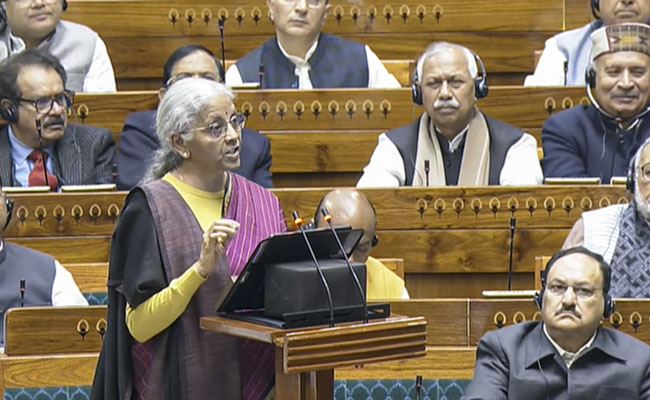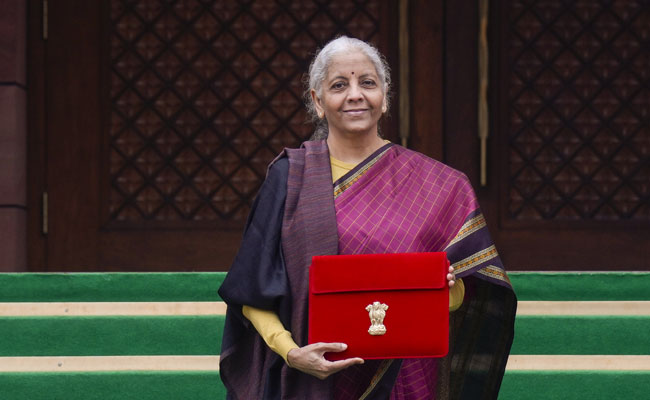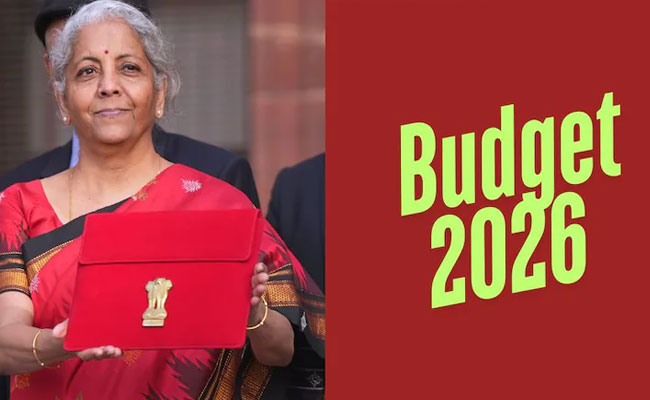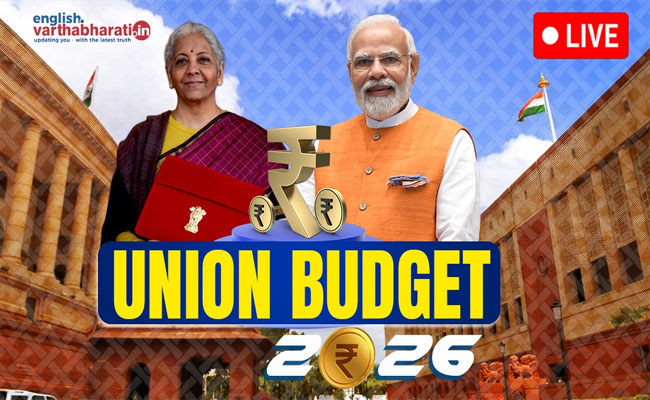Dubai: Saudi Arabia will open its airspace and land border to Qatar in the first step toward ending a years-long diplomatic crisis that deeply divided US defense partners, frayed societal ties and tore apart a traditionally clubby alliance of Gulf states, officials said late Monday.
Qatar's only land border has been mostly closed since mid-2017, when Saudi Arabia, Egypt, the United Arab Emirates and Bahrain launched a blockade against the tiny Gulf state, accusing it of supporting extremist groups and of having warm ties with Iran.
The Saudi border, which Qatar relied on for the import of dairy products, construction materials and other goods, opened briefly during the past three years to allow Qataris into Saudi Arabia to perform the Islamic hajj pilgrimage.
It was unclear what concessions Qatar had made or is promising to make regarding a shift in its policies.
Kuwait, which had been mediating throughout the dispute, was first to announce the diplomatic breakthrough through its foreign minister. Earlier on Monday, the foreign minister had reportedly traveled to Doha to deliver a message to Qatar's ruling emir, Sheikh Tamim bin Hamad Al Thani.
While the Saudi decision marks a major milestone toward resolving the Gulf spat, the path toward full reconciliation is far from guaranteed. The rift between Abu Dhabi and Doha has been deepest, with the UAE and Qatar at sharp ideological odds.
Following Kuwait's announcement, the UAE's Minister of State for Foreign Affairs, Anwar Gargash, tweeted that his country was keen to restore Gulf unity. However, he cautioned: We have more work to do and we are in the right direction.
The lifting of the embargo by Saudi Arabia paves the way for Qatar's ruler to attend an annual summit of Gulf leaders Tuesday that will be held in the kingdom's ancient desert site of Al-Ula. The summit would traditionally be chaired by Saudi King Salman, though his son and heir, the crown prince, may instead lead the meeting.
Qatar confirmed late Monday that Sheikh Tamim would be attending the summit, a move that analysts say would have been domestically sensitive for him had the Saudi blockade still been in place.
This year, Egypt's president has also been invited to attend the summit of the six-nation Gulf Cooperation Council, which comprises Saudi Arabia, the UAE, Bahrain, Kuwait, Oman and Qatar.
Kuwait's foreign minister said in a statement carried on state TV that Kuwait's ruler had spoken with Qatar's emir and Saudi Arabia's crown prince. The conversations "emphasized that everyone was keen on reunification, and would gather in Al-Ula to sign a statement that promises to usher in a bright page of brotherly relations.
The summit will be inclusive, leading the states toward reunification and solidarity in facing the challenges of our region, Saudi Crown Prince Mohammed bin Salman was quoted as saying in remarks carried by the Saudi state-run news agency.
The decision to end the Saudi embargo comes just weeks after President Donald Trump's advisor and son-in-law, Jared Kushner, visited the kingdom and Qatar in a final push by the administration to secure a diplomatic breakthrough.
It also comes just ahead of President-elect Joe Biden's swearing in. Saudi Arabia may be seeking to both grant the Trump administration a final diplomatic win and remove stumbling blocs to building warm ties with the Biden administration, which is expected to take a firmer stance toward the kingdom.
Normalisation with Qatar could buy Saudi Arabia time to strike compromises with the Biden administration on other issues, like its war in Yemen and potential U.S. re-engagement with Iran, said Samuel Ramani, a non-resident fellow at the Gulf International Forum.
Saudi Arabia could frame a partial d tente, which allows Qatari civilian planes to fly over Saudi airspace and de-escalates the information war, as proof of 'new thinking' in Riyadh, Ramani said ahead of the announcement.
Let the Truth be known. If you read VB and like VB, please be a VB Supporter and Help us deliver the Truth to one and all.
New Delhi: Presenting the Union Budget 2026, Finance Minister Nirmala Sitharaman on Sunday announced relief measures aimed at easing the financial burden on families and streamlining the tax framework.
She proposed reducing the Tax Collected at Source (TCS) on foreign remittances for education and medical purposes from 5 per cent to 2 per cent, a move expected to benefit students studying abroad and those seeking overseas medical treatment.
The finance minister also announced that the new Income Tax Act will come into effect from April 1, 2026, marking a major overhaul of the country’s direct tax system.





